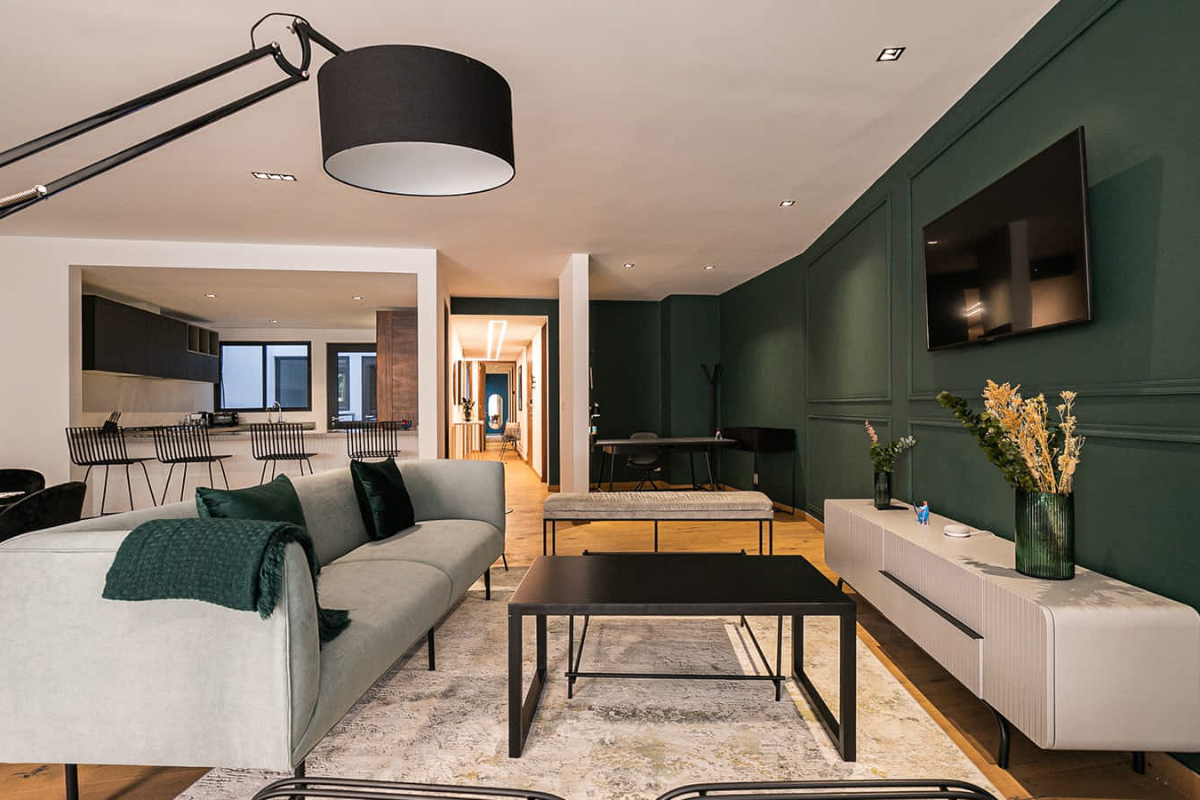Skift Take
Casai is dead but its ghost remains. The former company's domain is now one of more than 350 travel booking websites.
TravelAI has purchased and relaunched Casai.com, the domain of the short-term rental operator startup that closed last July after raising more than $48 million.
TravelAI says it has more than 350 consumer travel websites where users can complete bookings. Brands besides Casai include Rent by Owner, Hotala, Vacation Cottages, and Cabinns. The company’s customers are large online travel agencies, such as Booking.com. Users are directed to those agencies’ websites to complete bookings.
TravelAI and the brands it creates are owned by Vancouver-based UpNext.
The Casai.com brand is focused on luxury short-term rentals primarily in the Mediterranean and Caribbean.
TravelAI said it uses a proprietary AI-powered tech platform to deploy and scale websites quickly, focused on identifying underserved segments with the potential for profitability. The company said it also uses AI to automate marketing, operations, and finance.
TravelAI claims Casai be be immediately profitable.
“This brand will be profitable from day one due to our economies of scale, use of AI-supported technology, and ability to monetize traffic effectively,” said Chris Jensen, chief operations officer of TravelAI, in a statement. “It is a painful fact in the travel market that many businesses fail. The previous owners invested heavily in brand development, yet were unable to achieve profitability before abandoning their efforts.”
The Downfall of Casai
Casai had designed and operated 50 buildings containing 1,600 units in Mexico and Brazil, with plans to open another 2,000 units, according to a Linkedin post in July by Casai CEO and co-founder Nico Barawid that detailed circumstances behind the closure. The company also had built software for operations, pricing, and analytics.
Its competitors were companies like Sonder, which has been experiencing struggles of its own.
Casai raised $23 million in equity funding in 2020 from firms including Andreessen Horowitz, an early backer of Airbnb and Facebook. It also secured as much as $25 million in debt financing from TriplePoint Capital.
The Mexico City-based company had generated nearly $30 million in revenue at its height, Barawid said.
But it never reached profitability.
The units that Casai managed were taken over by other operators including Blueground, Charlie, Wynwood House, Capitalia, and Oasis Collections, according to the post.
The focus on hypergrowth was in line with expectations during a time when interest rates were low and investors were more willing to take bigger risks. In the current venture capital market, investors are more cautious, and startups are having a harder time finding new funding if they don’t have profitable business models.
Casai was one of multiple startup shutdowns that are continuing to occur during this time.
“We were operating under the assumption that we just needed one last funding round that would then get us to profitability; and this wasn’t just a pipe dream. All our financial signs were pointing in this direction,” Barawid said in the post. “For all the long days of work and stories of Casaiers’ success that kept me energized, the cold truth was we were up against an investment drought with a model no longer favored by VC investors to produce venture returns.”
Dwell Newsletter
Get breaking news, analysis and data from the week’s most important stories about short-term rentals, vacation rentals, housing, and real estate.
Have a confidential tip for Skift? Get in touch
Tags: casai, mergers and acquisitions, startups, travel tech, venture capital
Photo credit: Pictured: A short-term rental apartment in Mexico that Casai managed. Casai
